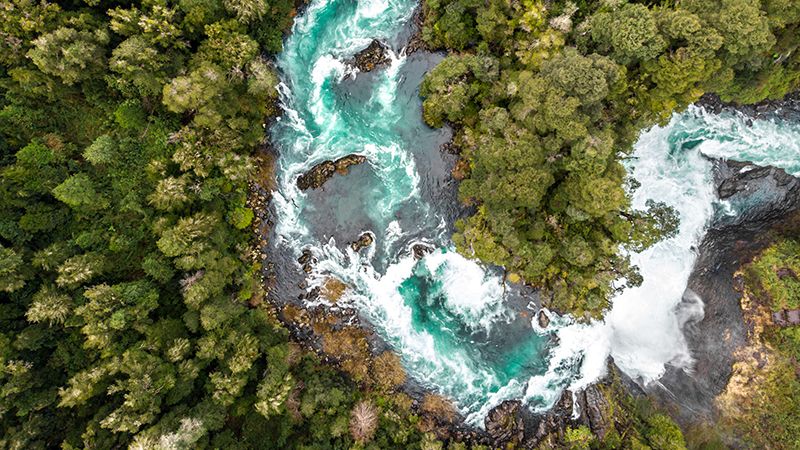The World Wide Fund (WWF) has warned the world is “dangerously close” to irreversible global tipping points and called for urgent action from world leaders to protect nature ahead of COP16 biodiversity summit and COP29 this Autumn.
In it’s latest report – Living Planet Report – it found that monitored global wildlife populations have declined by 73% in 50 years (from 1970 to 2020). This comes as species in Latin America and the Caribbean have seen a more extreme average decline of 95%. Europe and North America has seen a lower decline, such as the UK. This is because these regions have destroyed much of their biodiversity before the 1970 benchmark.
Further, the report warned global tipping points are close to being passed. This includes the potential collapse of the Amazon rainforest, the rapid melting of polar ice or the destruction of coral reefs, all of which help regulate the planet’s climate and sustain wildlife.
The report reviewed global progress towards the 2030 sustainable development goals (SDGs) that are vital for avoiding these tipping points. Ahead of both COP16 and COP29, WWF urges the UK government to introduce a Living Planet Act and announce a plan to protect and restore nature in the UK and around the world.
It offers clear ways forward on the drivers of the destruction of nature and climate change ahead of COP16 biodiversity summit and COP29.
This is by first transforming food production. The food system uses 40% of the Earth’s habitable land and is the leading cause of habitat loss as biodiverse forests and grasslands are converted to farmland. WWF called for coordinated action reduce food loss and waste.
Second, finance must be redirected away from environmentally harmful activities and toward restoration. It suggests that £150bn ($200bn) of finance currently flows to nature-based solutions, while around £5trn ($6.6trn) flows to activities damaging to nature.
Third, investors must transition to clean energy. In order to cut greenhouse gas emissions in half by 2030 and keep 1.5ºC within reach, transitioning away from fossil fuels is key.
Tanya Steele, chief executive at WWF-UK, said: “The Living Planet Report serves as a health check for the planet, with wildlife population sizes a key indicator for the state of the wider natural world. A staggering 73% decline in just 50 years is truly shocking and must be a wake-up call for our leaders ahead of the crucial COP16 and COP29 summits.
“More worrying still is the prospect of reaching global tipping points, risking not just the survival of precious animal species, but the basis for human society as well. We rely on nature for so much – the food we eat, the air we breathe, our mental health and well-being. If we pass these tipping points, we’ll be putting our societies, our economies, and the future of our children at risk.
“It’s not too late to change course – this could be a turning point instead of a tipping point. As a G7 nation, the UK must take bold action to transform our finance, energy and food systems to protect our world. We are calling for a Living Planet Act to ensure the UK government leads the way in tackling this global crisis and works tirelessly to meet the crucial 2030 global targets.”








